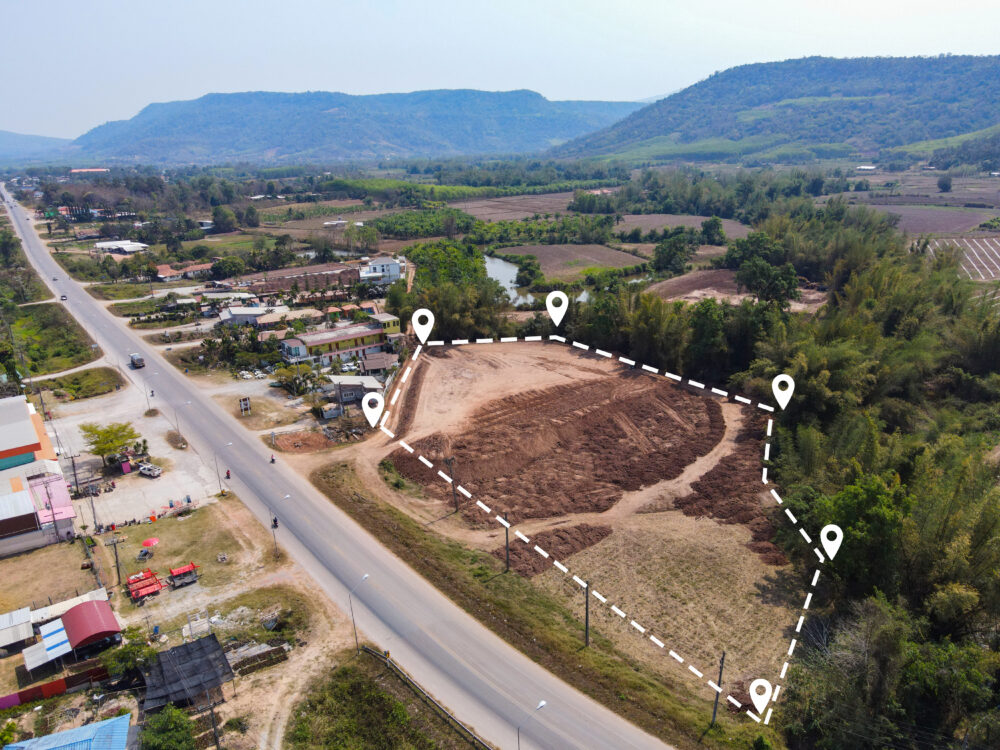Investment in large-scale livestock farm projects is a field of interest for domestic investors seeking investment opportunities. One method for the investors to acquire such projects is through the transfer of capital ownership from the enterprise executing the project. This method offers a relatively swift and straightforward transaction process but may pose risks to the investors due to potential violations by the enterprises implementing the projects prior to the transfer of capital. This article highlights and analyzes several legal investment issues that investors should consider before deciding to acquire capital from enterprises executing large-scale livestock farm projects to minimize potential risks related to land use and construction.
See part 1 here: Legal due diligence of large-scale livestock farm projects (p1)
1. Compliance with land use purpose
According to Article 10.1.h of the Land Law 2013, land used for livestock farming is classified as “other agricultural land”, specifically: “Other agricultural land, including land used to build greenhouses and other building types for cultivation purpose, including farming not directly on the land, or to build breeding facilities for cattle, poultry and other animals as permitted by law; …”.
According to Article 9.2.dd of the Land Law 2024 and Article 4.5 of Decree No. 102/2024/ND-CP, land used for livestock farming is classified as “land for concentrated livestock production”, specifically: “Land for concentrated livestock production refers to land designated for constructing concentrated livestock farms located in specified areas in accordance with the animal husbandry laws”.
Before entering into a transaction, the investors must verify whether the land use purpose, as recorded in the Land Use Rights Certificate (“LURC”), complies with legal regulations, which ensures avoidance of penalties or land recovery due to improper land use.
If the land use purpose is not compliant, the investors must assess whether there is a basis for changing the land use purpose. Specifically, Article 116.3.a of the Land Law 2024 stipulates conditions for permission of change of land use purpose, including: the annual district-level land use plan approved by the competent authority and Decision on approval of investment policy concurrently with investor approval, or the Decision on investor approval (collectively referred to as the “Investment Policy Approval”). Therefore, the investors should review the land use plan for the project’s location and the contents of the Investment Policy Decision to evaluate this issue.
If there are bases to change the land use purpose as above, the investors may proceed with the procedures stipulated under Article 227 of the Land Law 2024 and Article 48 of Decree No. 102/2024/ND-CP at the local land registration office where the project is located.
2. Land use term
In certain cases, the remaining land use term recorded in the LURC is significantly shorter than the duration of the project execution in the Investment Policy Approval. This raises the question of whether the investors can continue using the land after the expiration of the term specified in the LURC.
According to Article 173.2 of the Land Law 2024, the land use term when changing land use purpose for investment projects is determined under Article 172.1.c of the Land Law 2024. Accordingly, when conducting change of land use purpose procedures, the land plots may concurrently be assigned a new usage term corresponding to the project’s duration. Besides, the investors can apply for an extension of land use rights before the expiration of the recorded term, following the procedures stipulated in Article 64 of Decree No. 102/2024/ND-CP. In this case, based on the Investment Policy Approval, the competent authority may approve the extension of the land use term for the investors.
3. Construction permit
Before constructing livestock farms and related auxiliary works, the investors must obtain a construction permit from the competent authority. If the investors start construction without a permit, they may face administrative penalties ranging from VND 80,000,000 to VND 100,000,000 as stipulated in Article 16.7.a and Article 4.3.b of Decree No. 16/2022/ND-CP. Furthermore, if the project’s construction works are subject to a feasibility study report on construction investment or economic – technical report on construction investment under Article 52.2 of the Construction Law 2014 and Article 5.3 of Decree No. 15/2021/ND-CP but the investors fail to prepare them, they may incur fines ranging from VND 120,000,000 to VND 140,000,000 according to Article 16.7(c) of Decree No. 16/2022/ND-CP.
If the project has not commenced construction, the investors must verify whether the conditions for obtaining a construction permit have been met, specifically, Article 92 of the Construction Law 2014 stipulated the conditions for granting construction permit for non-linear works outside urban areas include:
- Being conformable with positions and total ground areas of projects already approved in writing by the competent authority.
- Ensuring safety for the works and adjacent works and meeting requirements on environmental protection and fire and explosion prevention and fighting; ensuring safety for technical infrastructure and protection corridors of irrigation works, dikes, energy works, traffic works, cultural heritage zones, historical-cultural relics; ensuring safety distance to fire- or explosion-prone and hazardous facilities, and important works related to national defense and security.
- Having their construction designs appraised and approved.
- Having documents of application for construction permit suitable to each type of construction permit prescribed in Articles 95.2 of the Construction Law 2014.
See more:
1/ Due diligence on personal data protection in M&A transactions
2/ M&A: 02 Notes For Sellers In Legal Due Diligence
2/ What Is Legal Due Diligence And Why Is It Important In M&A Transactions?
Disclaimers:
This article is for general information purposes only and is not intended to provide any legal advice for any particular case. The legal provisions referenced in the content are in effect at the time of publication but may have expired at the time you read the content. We therefore advise that you always consult a professional consultant before applying any content.
For issues related to the content or intellectual property rights of the article, please email cs@apolatlegal.vn.
Apolat Legal is a law firm in Vietnam with experience and capacity to provide consulting services related to Business and Investment and contact our team of lawyers in Vietnam via email info@apolatlegal.com.





































